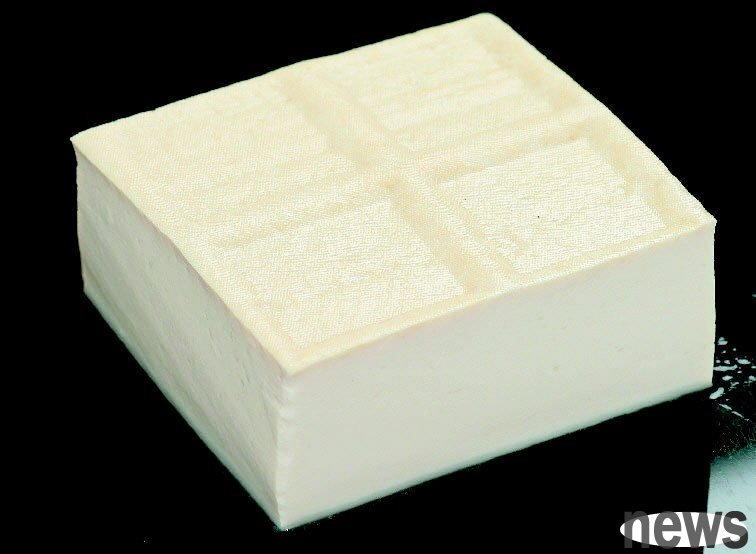Don’t want to eat eggs just yet? Nutritionists teach you to eat 5 alternative foods to replace an egg, which are just as effective as protein supplements!

Many people are temporarily afraid to eat eggs due to the impact of the fipronil incident, but protein cannot be reduced. In fact, a variety of daily foods can replace the protein source of eggs. As long as you eat a balanced diet and a wide variety of foods, you can safely supplement your nutrition.
What foods can replace egg protein?Influenced by the previous incident where the pesticide "fenpronil" residue was detected in eggs at a livestock farm in Changhua County, there are also rumors that eggs of the pesticide "fenpronid" are still circulating in the market, which makes some people not want to eat eggs in the short term. However, eggs are an important source of protein. If you are afraid of buying contaminated eggs and don’t want to eat eggs for the time being, what else can you eat to supplement protein?
It is generally recommended to choose other alternative foods. In terms of the six major categories of food, foods containing protein mainly come from dairy products, soy, fish, eggs, meat, and whole grains; high-quality protein sources mainly come from dairy products and soy, fish, egg, and meat.
Nutritionist Liu Yili shared on the "Liu Yili Nutritionist" Facebook fan page that protein types can be evenly distributed and balanced. For example, the following five types of foods can replace egg protein.
1. One cup of soy milk (about 240C.C.)2. About 2-3 slices of hot pot meat, either pork or beef.
3. A piece of tofu with 4 small grids and a field shape.
4. One and a quarter pieces of dried tofu.
5. The amount of fish is about half the size of your palm.
The above amounts of these ingredients can probably replace the protein of an egg.
It is not impossible to buy eggs, but you should pay attention when buying them. Buy eggs with traceability so that you can know if something goes wrong. And we should develop a habit when buying anything, that is, it is best not to buy and eat the same brand of food for a long time. This can diversify the risk of problems.

However, the more protein you eat, the better. Protein intake has different requirements based on age, gender and activity level. According to the eighth edition of the Ministry of Health and Welfare's "Chinese Dietary Nutrient Reference Intakes", the recommended daily protein intake for all age groups
is 1.1 grams per kilogram of body weight for adults aged 19-70. 1.2 grams per kilogram of body weight for those over 70 years old and those over 80 years old.
How to know if you are eating too much protein?What will happen if you eat too much protein? A common myth is that excess protein may cause constipation. In fact, protein itself does not cause constipation, but excessive protein will make people feel full, but will cause you to eat less other important foods that maintain normal bowel function, such as dietary fiber. Not balancing the intake of protein and other foods is the main cause of constipation, and it is the protein itself that causes it.
Other problems may include abdominal pain and bloating, bad breath, dehydration, fatigue, weight gain, kidney damage, and increased blood sugar.




